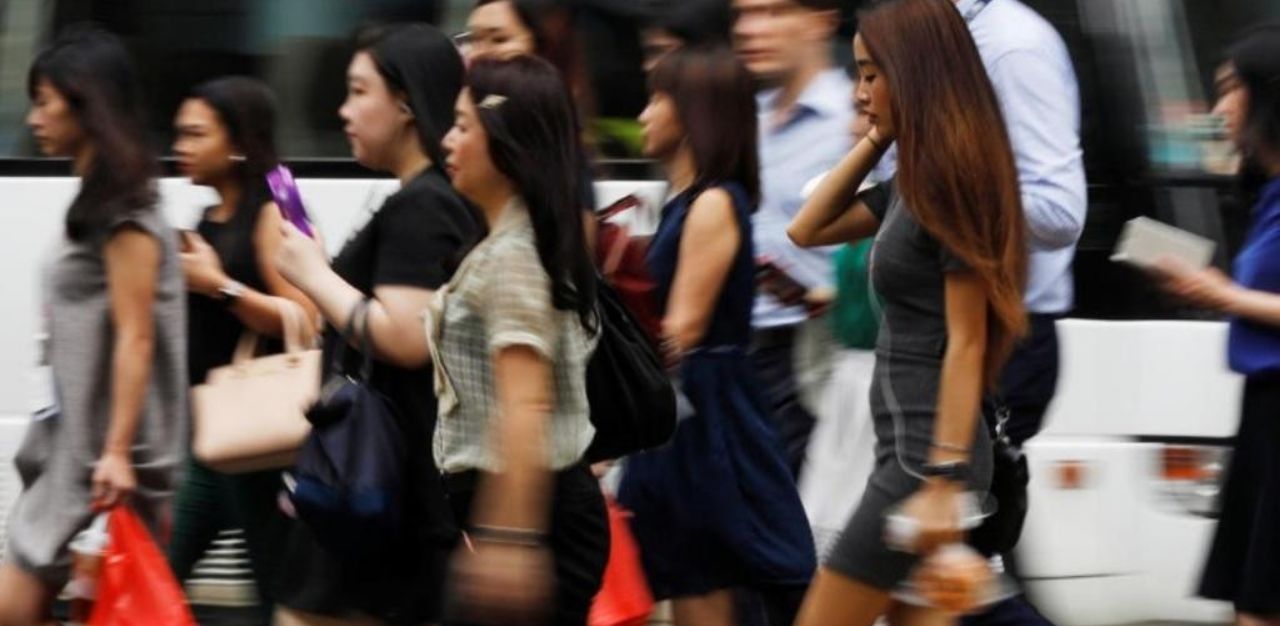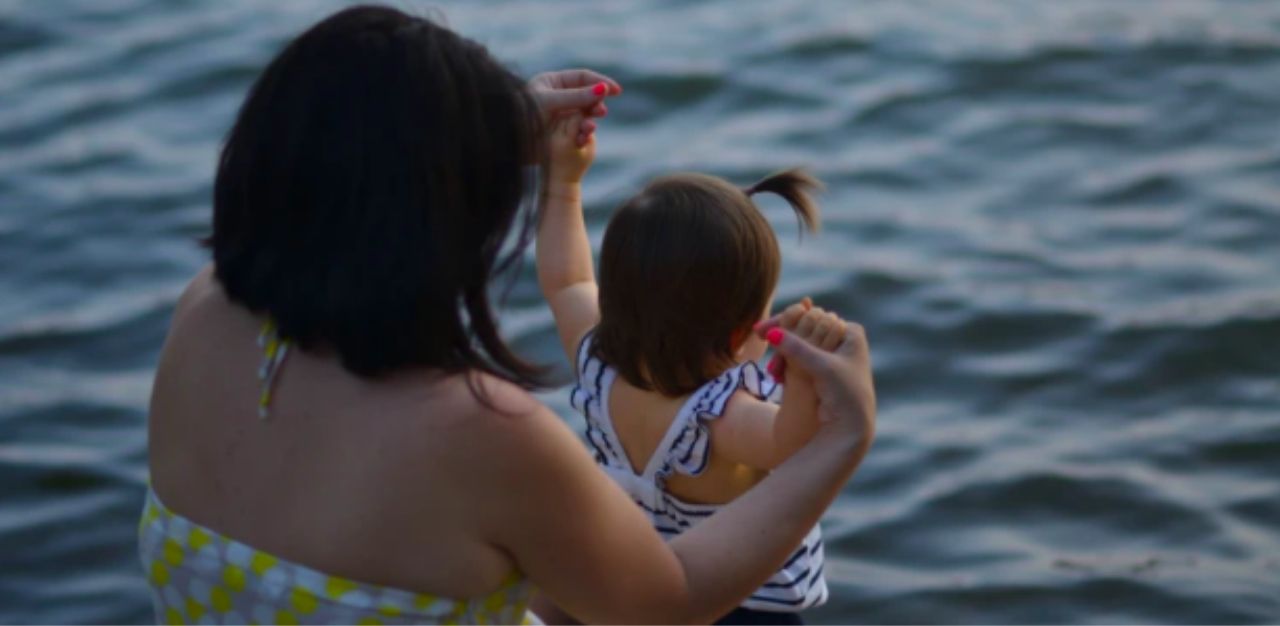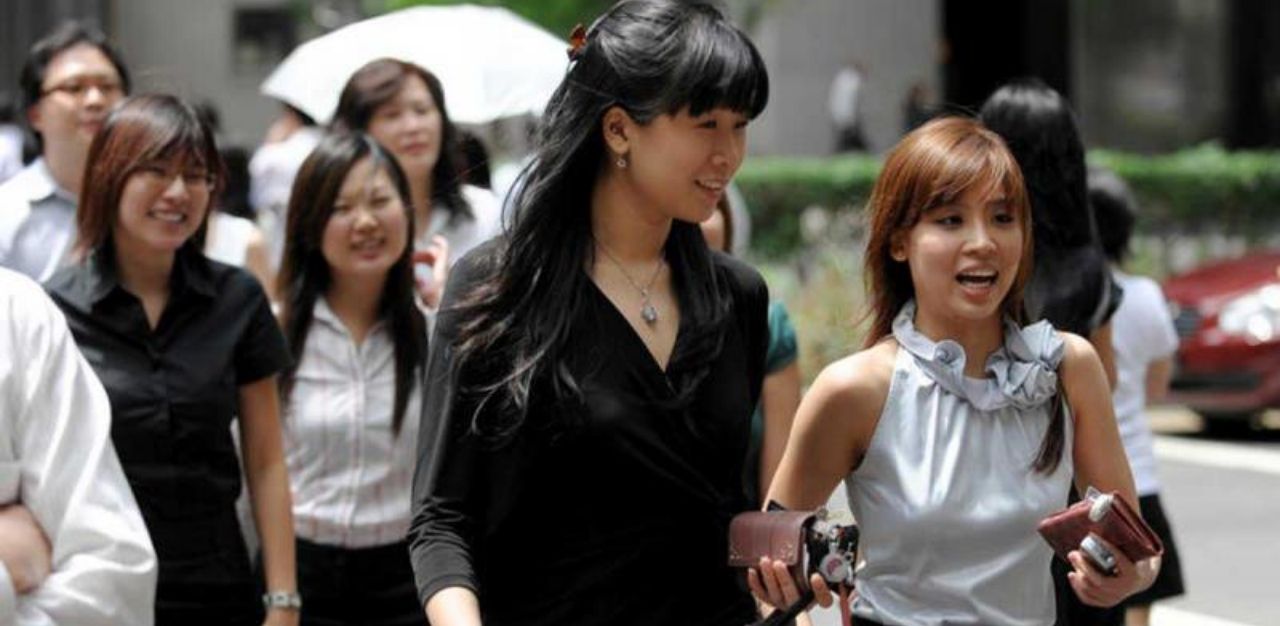2021 has been declared as the Year of Celebrating SG Women by The Ministry of Social and Family Development, aiming to celebrate the achievements and contributions of women in Singapore and seeks to rally support and change for them.
In an initiative named the ‘Conversations on Singapore Women’s Development’, governmental engagement platform REACH, The Singapore Council of Women’s Organisations (SCWO) and other groups have engaged in ongoing reviews and conversations on the development of Singaporean women. These conversations, which also included men’s voices, have identified three priority areas for the nation to address: workplace opportunities, caregiver support, and protection for women.
The initiative also acknowledged that laws and policies need to evolve with time to accommodate the aspirations and needs of Singaporean women, along with the need to celebrate the achievements of women to encourage progress.
The year for celebrating SG Women also calls for the need to change mindsets in society, and for men to be better allies in debunking gender stereotypes. In the media, it is marked by hashtags #CelebratingSGWomen, #makethenorm and #ActionForHer to share and easily accessed stories of women empowerment on social media platforms such as TikTok, Instagram and Facebook.
Having received views on women’s issues from more than 5,700 people, both men and women, who participated in about 160 conversations, and with many more giving their feedback online, Prime Minister, Lee Hsien Loong said the Government will be presenting “concrete proposals” in a White Paper early 2022 to foster an even more equitable and inclusive society for Singaporeans, both women and men.
Even the Women’s Wing and Young PAP of the People’s Action Party (PAP), published a joint submission calling on the Government to take action to tackle discrimination and advance women’s development in Singapore. It also calls for anti-discrimination legislation to give working women – especially pregnant women and mothers – better protections in the workplace, putting forward recommendations to enhance the curriculum and keep it up to date.
The 31-page PAP paper covered three areas: giving women more options to balance their careers with other obligations, promoting more equal sharing of caregiving responsibilities between men and women, and changing mindsets on gender norms and stereotypes and Communications and Information Minister Josephine Teo, who chairs the PAP Women’s Wing, said in July that the PAP team hopes the Government will incorporate its 12 recommendations into the upcoming White Paper.
They include:
- Introducing legislation to regulate merit-based employment and penalise discriminatory conduct to achieve more diverse and inclusive workplaces;
- Increasing financial support to caregivers of seniors to help relieve their financial strain and out-of-pocket expenses; and
- Allowing the freezing of women’s eggs.
Around the same time, Singapore’s leading women’s rights and gender equality group, The Association of Women for Action and Research (AWARE), released a separate paper, focusing on various forms of discrimination and violence against women, including sexual assault. It presented 88 recommendations based on its primary research and the experiences of its women’s and sexual assault care centres in supporting vulnerable women.
From these papers, it is evident that for change to be enacted and visible, Singaporeans need to be aware that tackling these issues are as complex as the themes that have been brought to light.
Knowledge of such initiatives taking place
Despite the year celebrating SG Women, there are those who do not seem to know this. In fact, among the women aged between 24 and 37 TheHomeGround Asia spoke to, not all know about the movement.
But when told what it was all about and that there is a White Paper to be released in 2022 changing the lot of women here, all felt that it was a good step forward. Yet, there were concerns that single women and those in the LGBTQ+ community are still being left out.
Ms. Nurul Syafiqah Tan, 24, a PhD post-graduate student at the Nanyang Technological University (NTU), says there is not a lot of publicity to create awareness. “My friends and I are not aware that this year celebrates women in Singapore. We are not even sure about the White Paper and its coverage, or what it involves. […] Still, I think that having the whole White Paper and movement to empower and give women in Singapore a voice is a commendable effort,” she says.
Editorial content producer Kyra Theophila Toh, 24, says “some people are upset because it seems like the identity of women is always tied tightly to men. […] In the past, the men would go out (to work) while the women stay home to take care of the family, and as (the economy) gets more developed and, there is a need for more workers, it’s ‘liberate women, and let us empower women to take up jobs’. Unfortunately, the burden of taking care of the home still falls on (the shoulders of) women,” she adds.
Ms. Mary Lynn Ramos, 37, an administrative executive and single mother of two children, felt cast aside because “out of the 12 recommendations in the PAP’s website, only one focuses on single mothers”. “Apart from a support network for them, I feel that more could be done to help single mothers cope with work-life balance, caregiving, and financial support, especially (through) taxes, subsidies, and rebates”, she says.

More needs to be done to empower SG women
Across the women spoken to, the common theme of what empowerment means revolves around having agency over their lives to help them make choices and decisions, and be able to communicate freely without being mocked or doubted, while being able to inspire change in society.
Operations manager Regina Yeo, 26, recounts a previous encounter with a stalker.
“I made a police report and told them that a guy had been harassing me, knocking on my door, texting me, emailing me, and doing whatever he could. But the police could not do much. All they could do was to take my report and perhaps give the man a call. There was no follow up, no action taken. And if the guy were to really attack me, or when something happens to me, then wouldn’t that be too late?” she asks.
While there may be policies and workplace practices in place to protect and support women in their careers and within the community, more can be done to give them a sense of security.
On sexual violence and truth, Ms. Toh says there is a checklist that people tend to refer to. “It is like a flowchart – Did something happen? If yes, did you report to the police? Is there any evidence? Did anyone else witness the crime? And unless all these boxes are ticked, people wouldn’t give a f**k about you, and you get told that you were lying” she says.
Managing director of Eden Law Corporation, June Lim says abuse is not only physical, but can occur emotionally, and financially as well. It can even happen through forms of coercive control which constitutes a form of family violence that has been on the rise since the pandemic. Ms. Lim calls for more government efforts in looking into laws that can be augmented and support for these women who are victims of coercive control, and for more conversations to raise awareness of such forms of abuses.
While most of the time we see the successful women of Singapore being exalted and profiled, the discrimination other women face continues to be a pressing issue.
For example, Ms. Chloe Yang, 31, who works in telesales, witnessed domestic violence as a child and experienced pregnancy discrimination at work. This made her “more determined to stand up against abusers and take action to protect women”. “We need to know that we always have a choice to step out of violent situations and that we are not helpless. As a mum, I teach my daughter to stand up for herself and find her voice. There is always someone she can go to. She doesn’t have to like girly stuff or choose girly careers in the future. She has a choice to do sports and to express herself. She can be whoever she wants and to tell her friends the same,” she says.
On dealing with discrimination, Ms. Yang believes “women should be able to voice out when they are treated unfairly and feel that it is a valid opinion instead of feeling dismissed or fear when taking a stand for themselves”.

On the image of gendered roles, diversity, and sex
The women TheHomeGround Asia spoke to feel there is the need for more people to be educated in gender issues and in intersectional topics. Most of the time, issues at the workplace, domestic life and protection revolve around how women and family units should be like. These are sometimes perpetuated by the media and continue to govern societal practices and habits.
Ms. Meryl Lim, 28, founder of Good Vibes, says “I think societal mindsets need to change. I walked out of an eight year relationship recently because my ex-boyfriend believes that the guy should have more than a 50 per cent share of decision-making in a relationship or a marriage. When it comes to starting a family, he expects the woman to take a back seat. That’s something that I couldn’t accept so I walked away.”
On gender roles depicted by the media, Ms. Lim says, “There should be more role models speaking up openly about how family units must have true gender equality. I don’t really see a lot of those in the drama serials on TV. I still see the guy playing a domineering role and this is perpetuated in real life.”
The women also call for a revamp in the sex education curriculum at schools and to include topics such as sexual wellness, gender roles, family structures and people with special needs.
Ms. Tan, who is a very strong advocate for sexual health, says there should be subsidies for gynaecological and sexual health from the government. “When I go to public clinics I do not trust that my queries regarding my sexual and gynaecological health are going to be treated in a sensitive way, so I go to private clinics instead. I think for a lot of young women who just started work, forking out between $400 and $500 per visit can be financially taxing.”
“Also, we need more education on contraception and sexual health because a lot of it is currently very hush hush, even in modern Singapore, because it’s still a very taboo topic to talk about,” she adds.
The same sentiment is shared by Ms. Lim, but she feels that even if the Ministry of Education (MOE) makes the changes to the sex education curriculum, she doubts that it can be professionally conducted. Ms. Lim explains, “I’ve heard of experiences where teachers slide past these topics. When the kids ask genuine, honest questions, the teacher would avoid it out of awkwardness as they might not know how to answer questions about sex. I think this gives the wrong impression to the young, that they should avoid thinking about sex related questions.”
“I just think that we need more expertise in terms of sex education in schools, to not just focus on STDs (sexually transmitted diseases) and STIs (sexually transmitted infections), and to start young. Another very important topic I wish I knew when I was younger was about birth contraception and contraceptives in general. When I was young, I was only taught about condoms, and not what to do when a condom breaks. I had that experience, and when I looked to Google for answers, everything was in a US or European context. It was quite annoying for me because there were certain products over the counter in those countries but they need a prescription in Singapore. When we panic, it can be hard to sieve through information found online, and it would be good if people are educated about the kinds of contraceptives available here since these situations are very probable but not spoken about,” she adds.
The need for allyship and role models
These women want to see more diverse representation of women in the media so that they are not stuck in the old belief system here.
Pushing education, creating more awareness, and having more conversations can work towards empowering women.
Ms. Toh says men should also be better allies by calling out the discriminations against women, listening to their female counterparts, curbing prejudices, and offering support with collaborative, rather than performative sentiments.
While the women are hopeful about the changes that will possibly come about with the White Paper next year, most have acknowledged the difficulties Singapore faces, considering the different cultures, races, and religions that make up the country’s social fabric. Yet society needs to grow and develop more empathetic approaches to give women equal power and rights as the men.
Join the conversations on TheHomeGround Asia’s Facebook and Instagram, and get the latest updates via Telegram.




























